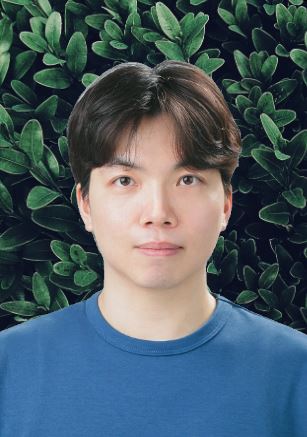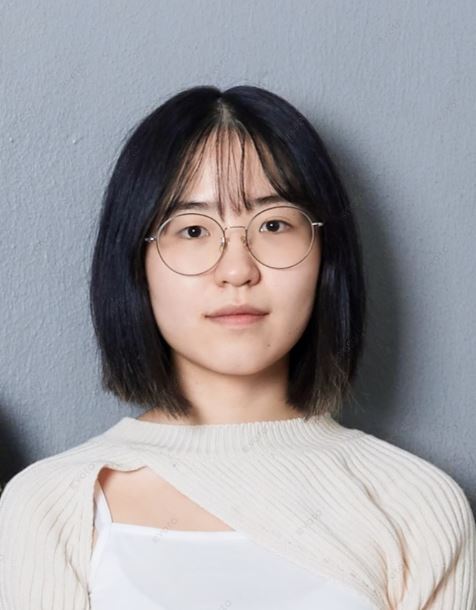Group Members
Lab director
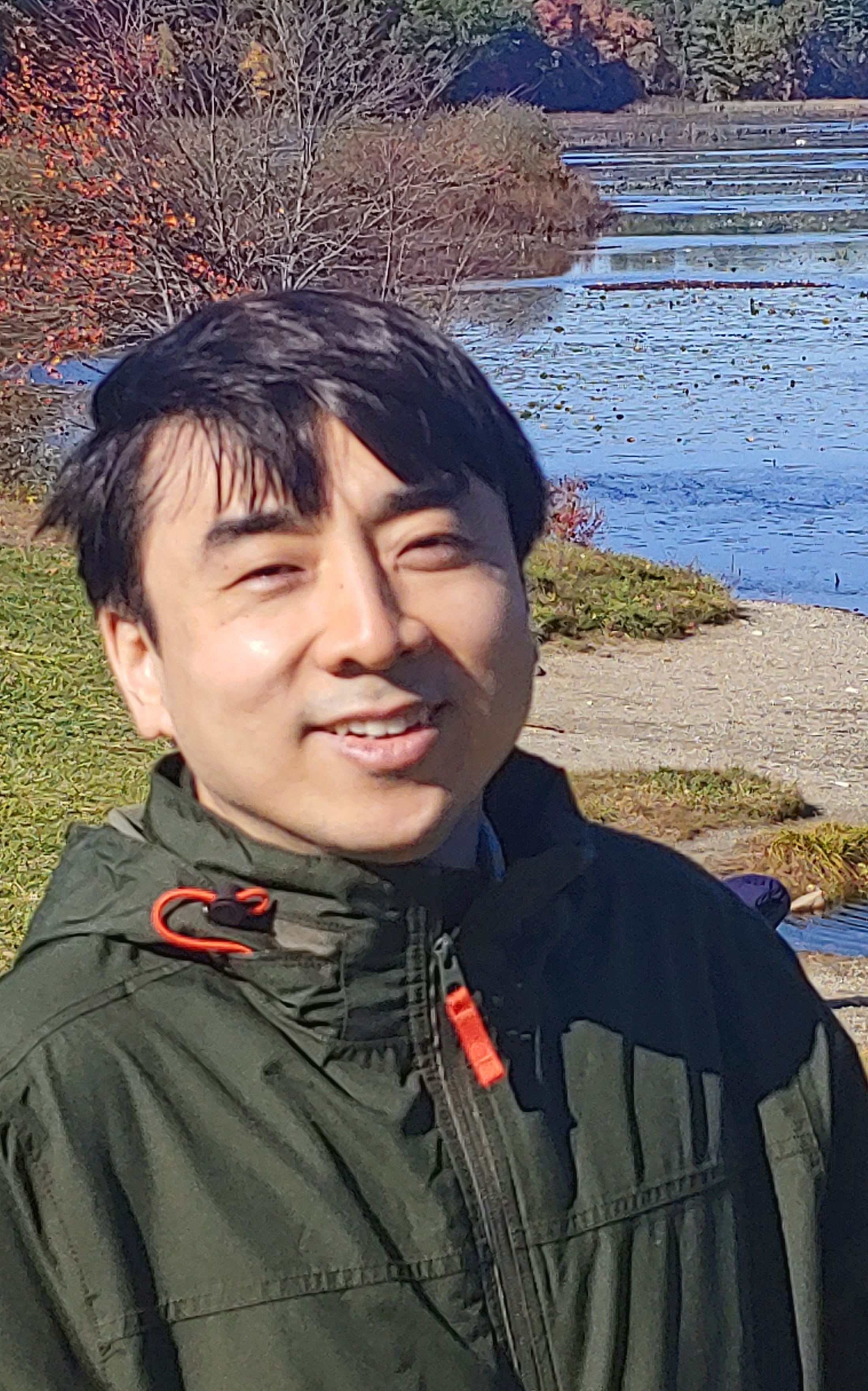
HyungGoo Kim majored in Computer Science and Engineering at Seoul National University. He started his professional career as a software engineer. The limitations of intelligent agents made him interested in the brain. He joined the laboratory of Dr. Choongkil Lee in Interdisciplinary Program in Neuroscience at Seoul National University. He was further trained in visual neurophysiology, psychophysical methods, and computational modeling during his Ph.D. under the supervision of Dr. Gregory DeAngelis in Brain and Cognitive Sciences at the University of Rochester. He then switched from NHP to mice and joined the laboratory of Dr. Naoshige Uchida in Molecular and Cellular Biology and the Center for Brain Science at Harvard University to study dopamine system. His long-term goal is to elucidate learning mechanisms in the brain that can be adapted to improve artificial intelligence.
CV google scholar @HyungGoo_Kim 한빛사 인터뷰 (Korean)
- 2018 Meselson Prize for the Most Beautiful Experiment, Dept. of Molecular and Cellular Biology, Harvard University
Graduate students

Ben Dougen
Ben received his bachelor’s in Neuroscience and master’s in Pharmacology at the University of Minnesota-Twin Cities working with the Carroll and Kerlin labs respectively. His interest is in reward circuitry as it pertains to addiction and discovery of new treatments for addiction pathology. His goal is to combine classical behavioral methods with new technologies in neuroimaging to better understand the molecular and cellular underpinnings that give rise to the complex behaviors exhibited during addiction.
email: bdougen@gmail.com
Hoyeon Jang
Hoyeon is interested in the intersection of reinforcement learning models and brain inspired artifical intelligence. To that end, his goal is to pursue study of neural signals (especially reward) in the brain via computer model based approaches.
email: hoyeon912@g.skku.edu
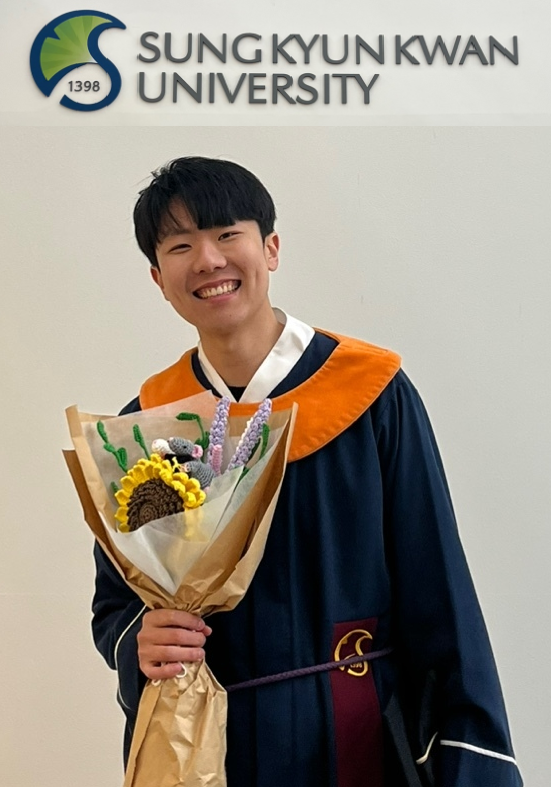
Seungyub Lee
Seungyub is interested in interpreting various phenomena such as learning through imagination and dreams through the overall mechanism of brain function. Recently, He is also interested in learning during unconsciousness, and he try to observe the results using optogenetics and fMRI.
email: yubkee@g.skku.edu
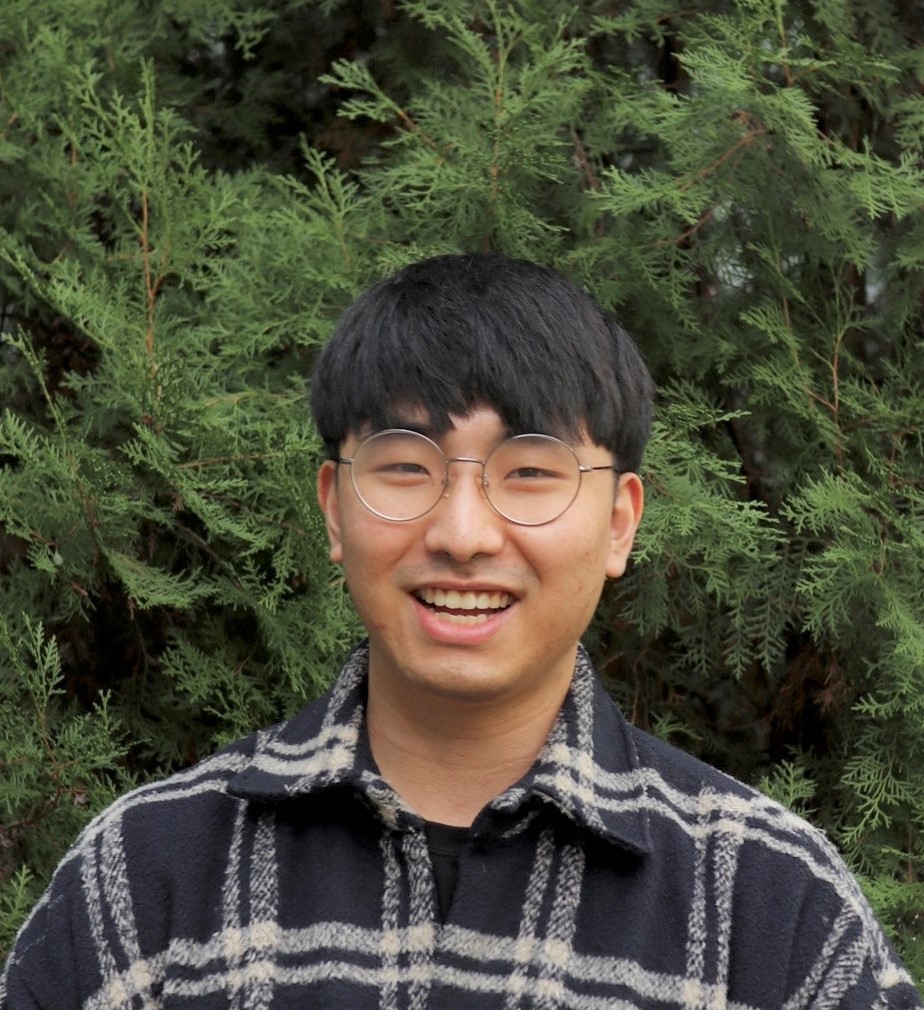
Jongwon Yun
Jongwon joined this lab since he was fascinated by Artificial Neural Networks (ANNs). He wants to study how the neural signals are processed and applied to more advanced ANN models. In line with that, he is currently working on collecting neural data using Neuropixels and analyzing the neural data.
email: tiramica@g.skku.edu
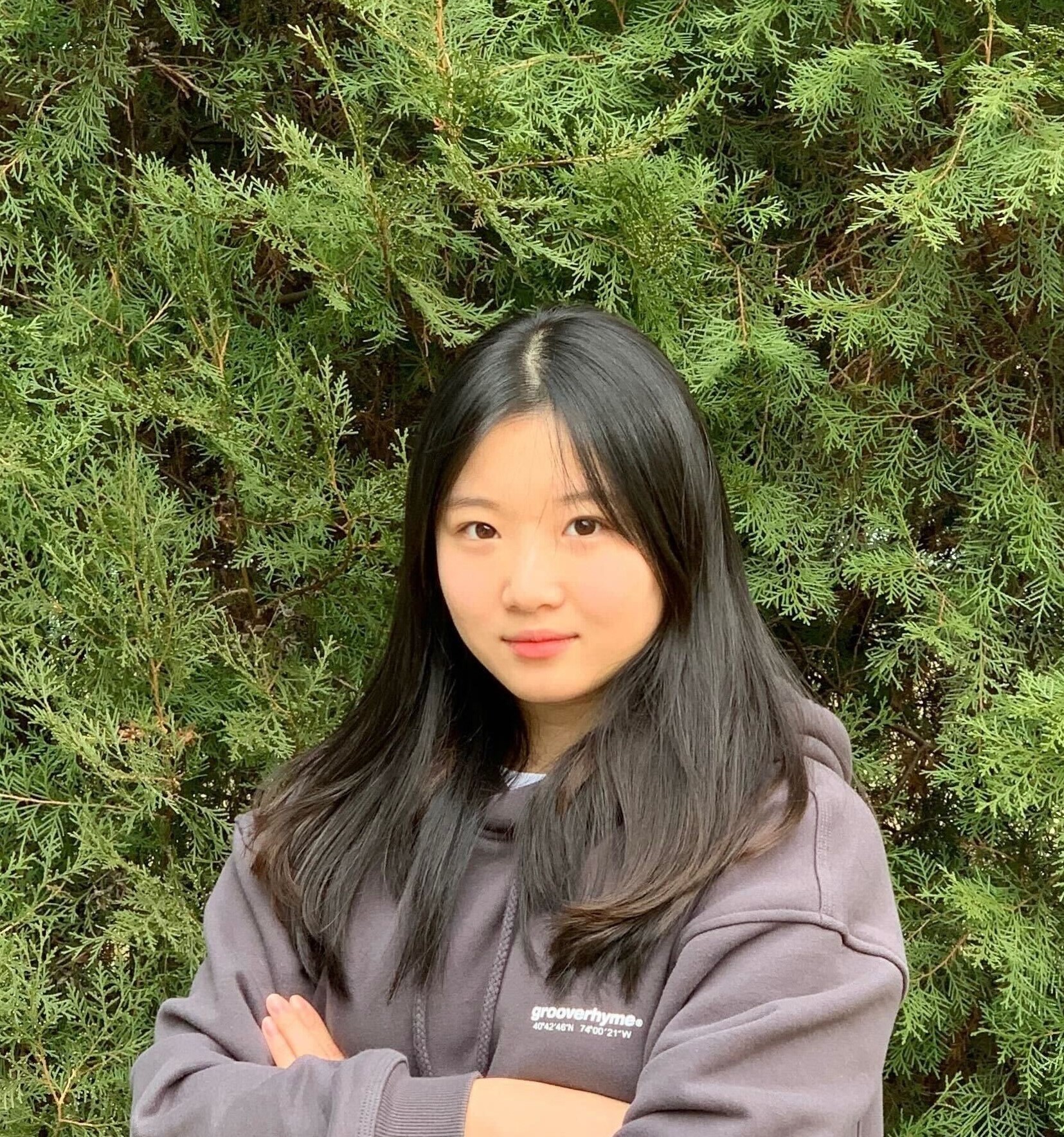
Mijoo Park
Mijoo is widely interested in emotional feedbacks made from stimuli and neural mechanims of decision making in interaction with outside-world. She wishes to explore and learn how brain works with different steps happening inside. By studying in this lab, she is expecting to narrow her interest through chances.
email: miju0218@g.skku.edu
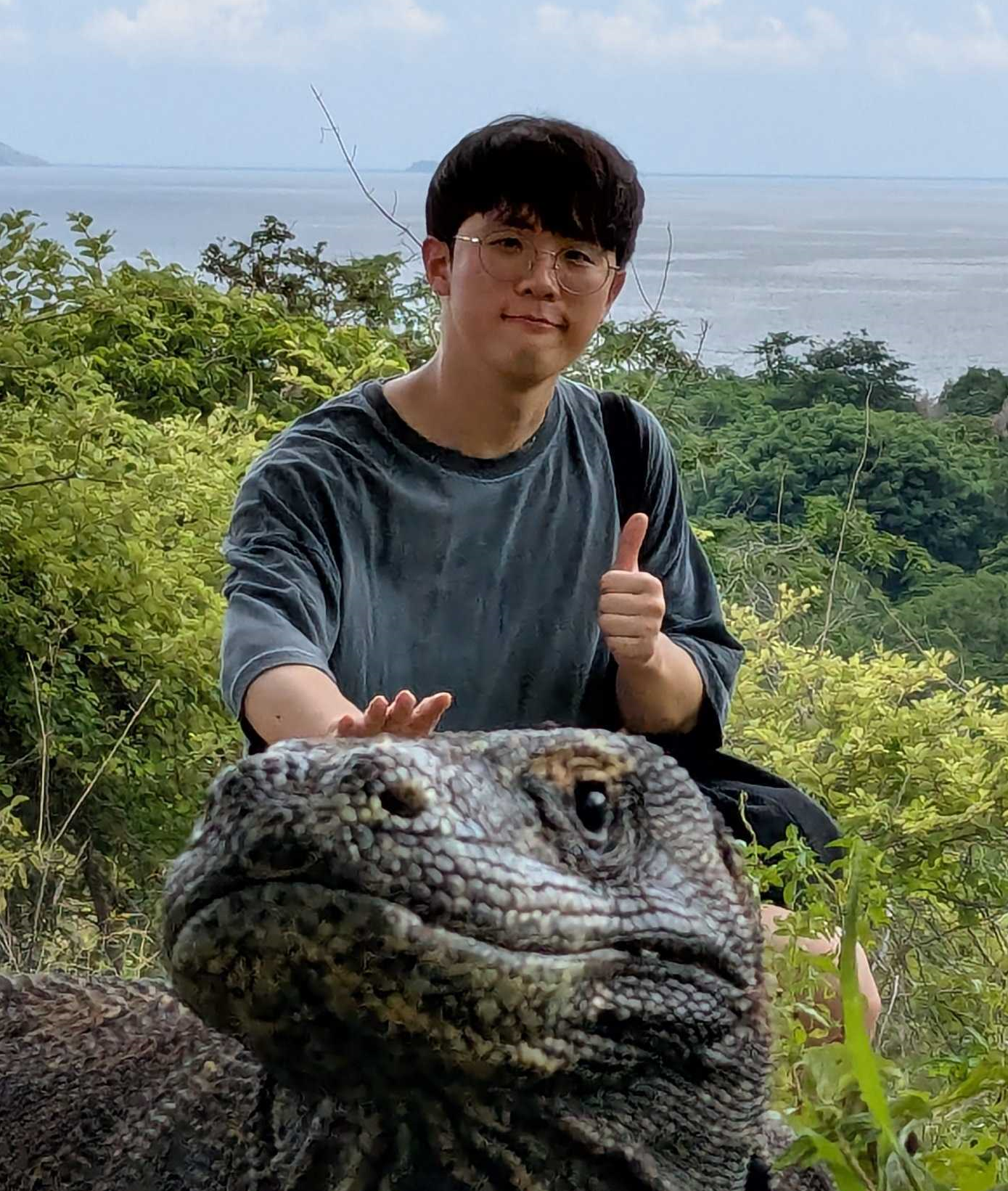
Jaebin Yoon
Jaebin is interested in how learning in the brain modulates its circuitry and ultimately its behavioral changes. Currently, he is particularly focused on how various substances affect dopamine signaling and neural networks, potentially leading to alterations in behavior. In the lab, Jaebin hopes to explore how the addicted state reshapes the dopamine system and impacts the learning process, which may have implications for addiction research and therapeutic development.
email: gkwl622@g.skku.edu
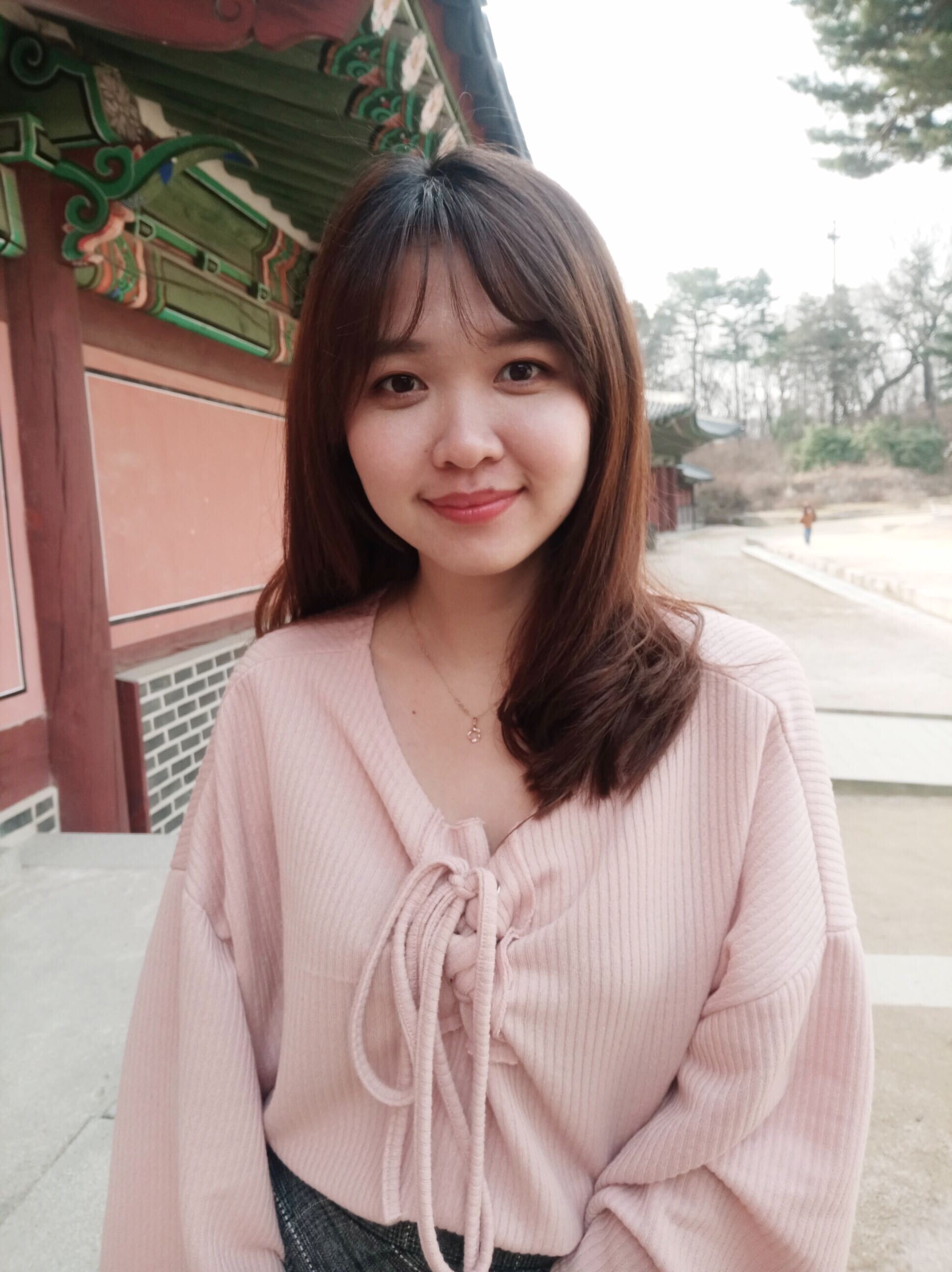
Dea Nathania Hendryanti
Thania received her B.S degree and awarded as Best Graduate Student in Food Technology major from Soegijapranata Catholic University (SCU), Indonesia. Subsequently, she completed her M.S. degree at Ewha Womans University, South Korea where she focused on food functionality, metabolic pathways and non-communicable diseases using animal models. From 2015-2023, she held a position as an assistant professor of Nutrition and Functional Food at SCU – Indonesia. By joining NeuRLab and pursuing her Ph.D degree, she wishes to establish a bridge between nutritional science and neuroscience research. Her research is currently focused on the nature of dopamine subsystems and internal states in driving nutrient homeostasis.
email: deanathania17@gmail.com

Si Shen
Si received his bachelor’s degree in Control Science and Engineering at East China University of Science and Technology, China. He is interested in the computational models of the brain with their applications. His goal is to combine his previous research background in systems engineering and mathematics with neural recording techniques and data analysis methods to promote the development of computational models.
email: sishen@g.skku.edu
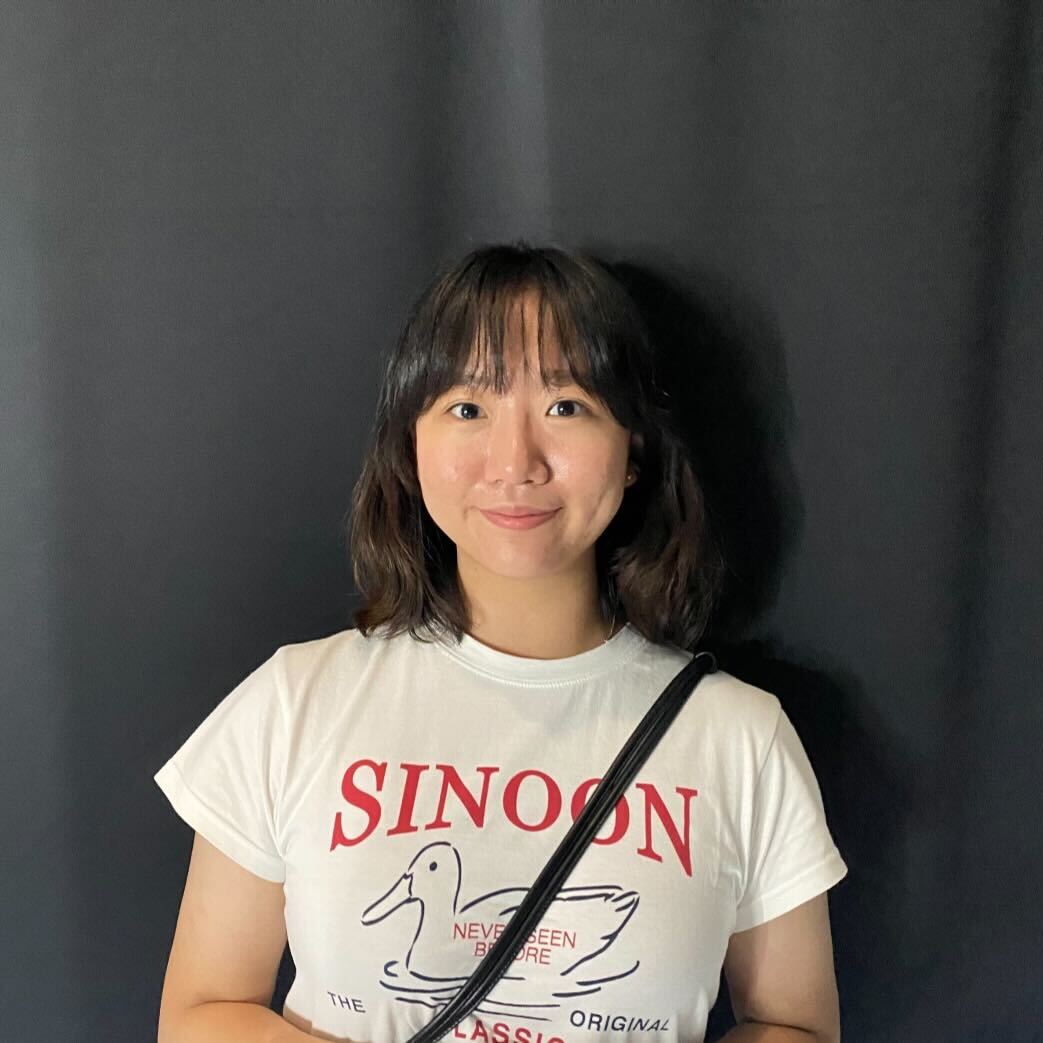
Nawoon Kwon
Nawoon is majoring in Global Biomedical Engineering at SKKU. She is interested in how different stimuli effect different neural mechanisms. By joining this lab, she wishes to explore the way visual environmental inputs effect the neural decision making mechanism. She also hopes to explore various neural activities and narrow her interest in studying.
email: nawoonk@g.skku.edu
Researcher
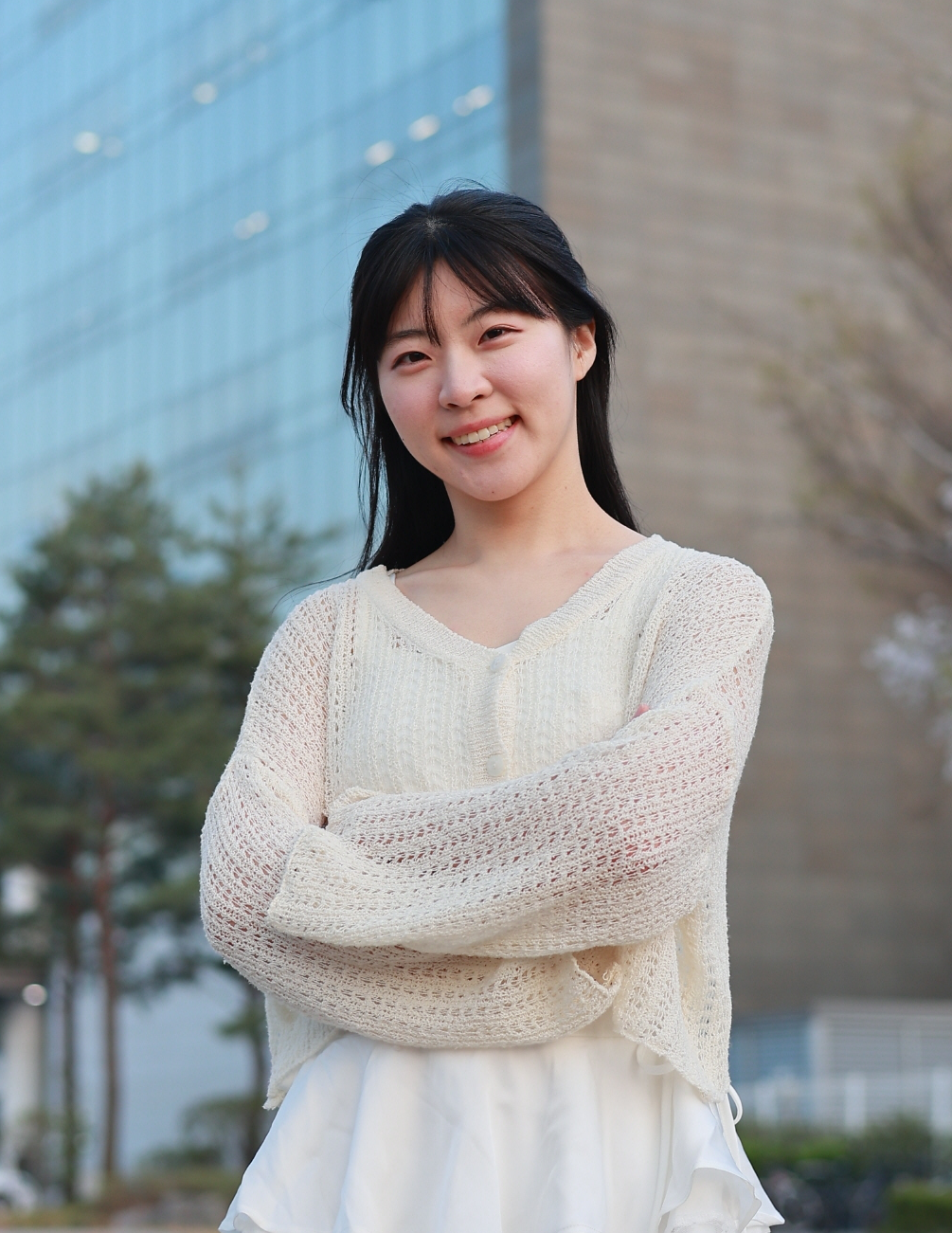
Rin Wang
Rin is primarily interested in mental disorders they impact social interactions. While studying in the NeuRLab, she is focused on discovering the relationship between empathy and the reward system. Additionally, she aims to produce research that can aid in reducing prejudice against mental disorders and foster a healthy society where everyone’s mental health can flourish.
email: wang215@g.skku.edu
Undergraduate students
URP = undergraduate research program
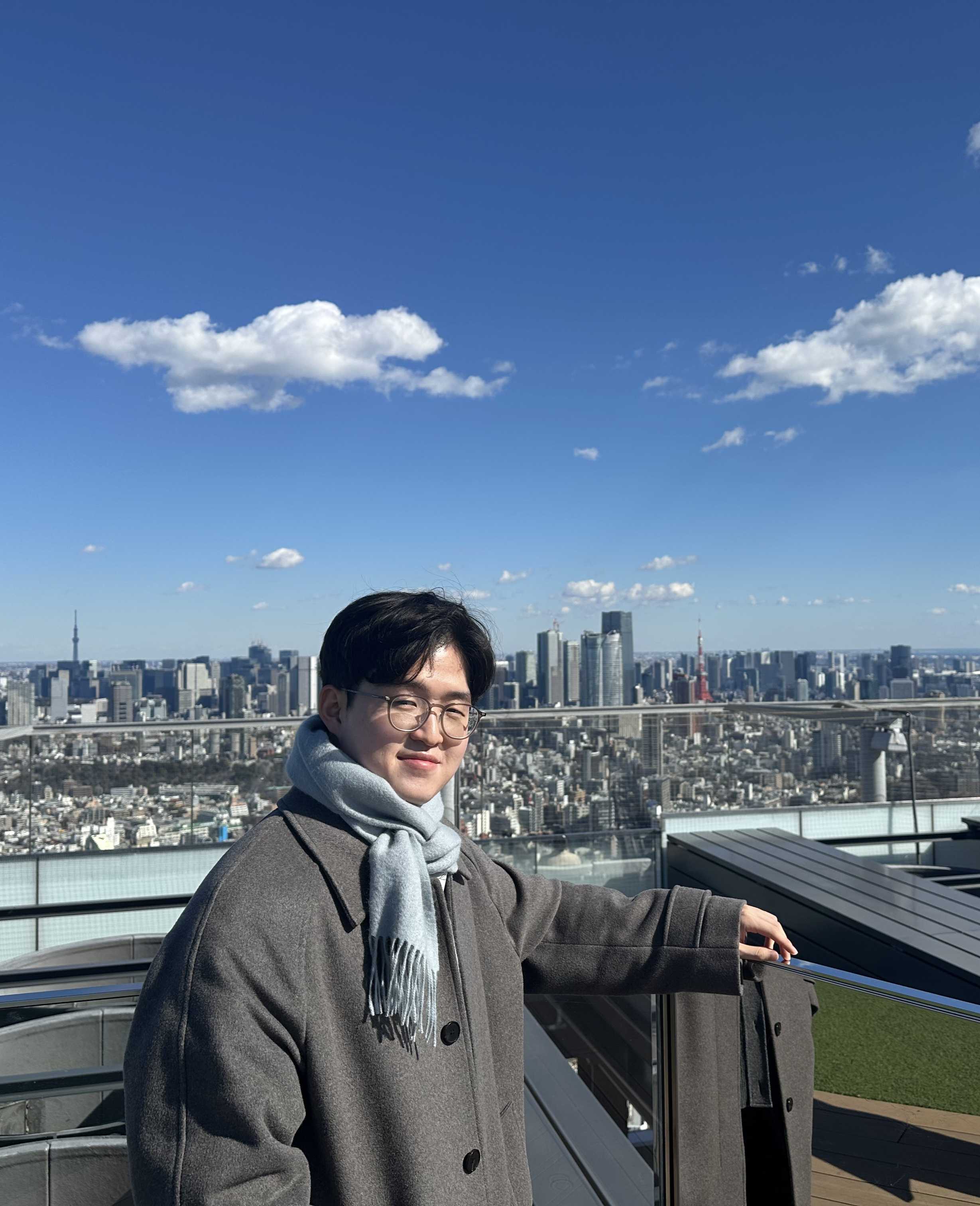
Dongmin Sa
Dongmin is majoring in Global Biomedical Engineering at SKKU. He is interested in cognitive science and affective neuroscience, particularly in how emotional states like depression are processed in the brain. Currently, he aims to contribute to clinical treatments by conducting animal experiments. Through fear conditioning models, he hopes to investigate the behavioral symptoms associated with depression and explore potential pathways for recovery.
Suah Bae
Suah is majoring in Global Biomedical Engineering at SKKU. She is fascinated by dopamine-based learning, especially how dopamine calculates prediction error in brain pathway. In this lab, she wants to learn more about how reward and penalty differ in dopamine response and how these ultimately lead to behavioral changes.
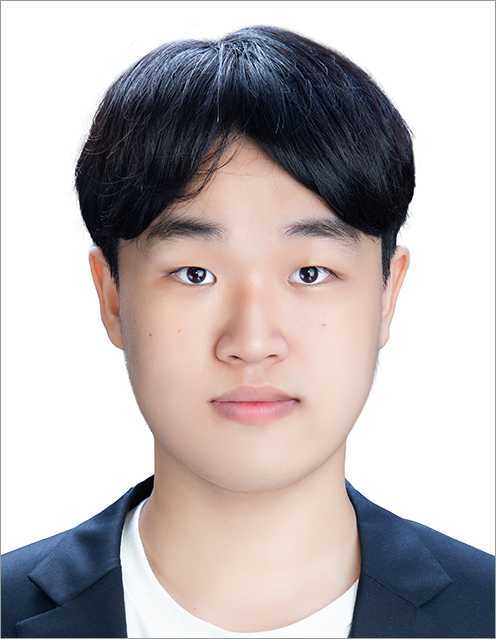
Beomsu Kim
Beomsu is majoring in Global Biomedical Engineering at SKKU. He is interested in understanding neural learning and decision-making processes in the brain and modeling these mechanisms using computational and artificial intelligence approaches. In this lab, he wants to further develop his research skills and deepen his understanding of brain–computer interactions.
Former members
Graduate students and researchers
-
Hogyu Choi. Hogyu Choi was a researcher, 2021-2022. He is currently in Ph.D. program at UC Riverside.
-
Jihwan Kim. 2021-2024 (M.S.)
-
Yelda Asgari. 2022-2024 (M.S.)
-
Lumi Lee. Lumi Lee did URP in 2021, and she work as a researcher, 2024-2025. She is currently in Ph.D. program at Duke University.
-
Suhyun Lee. 2025
-
Jihye Yang. 2021-2025 (M.S.)
Undergraduate research assistants
-
Gwang Je Ahn was in Advanced Materials Science and Engineering at SKKU (2021). He was the first SKKU student who bravely contacted HyungGoo when the lab was not open.
-
Taeyeon Weon, Biological Science at Korea University (2021).
-
Jiwon Bu, Biological Sciences at Imperial College London (2021). She is in Cantas Alev’s lab at Kyoto University studying developmental biology.
-
Wooyoung Cho, Biomedical Engineering at SKKU (2021). He pioneered the Slack alert system in the lab.
-
Chanho Jang, Biomedical Engineering at SKKU (2021).
-
Hyeongdo Jeon, Biomedical Engineering at SKKU (2021).
-
Hyeyoon Jung, Biology and Psychology at Korea University (2021).
-
Jaecheol Park, Biomedical Engineering at SKKU (2021). He wrote an undergraduate thesis entitled “Comparison of neural activity between biological and recurrent neural network”.
-
Sohee Moon, Integrative Biotechnology at SKKU (2022, URP).
-
Yejin Lee, Integrative Biotechnology at SKKU (2022, URP).
-
Seongha Choi, Biomedical Engineering at SKKU (2022, ExCool).
-
Hyujun Gu, Biomedical Engineering at SKKU (2022, ExCool).
-
Yunah Lee, Integrative Biotechnology at SKKU (2022, URP).
-
Siyoung Choi, Biomedical Engineering at SKKU (2021-2022).
-
GunWoo Kim, Biomedical Engineering at SKKU (2022, Co-Deep Learning (Gtopia)).
-
JeonSeok Baek, Biomedical Engineering at SKKU (2022, Co-Deep Learning (Gtopia)).
-
Jinhwan Jeong, Integrative Biotechnology at SKKU (2022, URP).
-
Yewon Cho, Integrative Biotechnology at SKKU (2022, URP).
-
Yeowon Kim, Biomedical Engineering at SKKU (2022-2023, URP).
-
Jongheon Kim, Biomedical Engineering at SKKU (2022-2023, URP).
-
Sohyun Park, Biomedical Engineering at SKKU (2023, ExCool).
-
Seonju Kim, Biomedical Engineering at SKKU (2023, ExCool).
-
Yubin Park, Medicine at Wonkwang University (Jan-Feb, 2024).
-
JeongYeon Ryu, Psychology at the University of Utah (2024).
-
Wonjun Kim, Integrative Biotechnology at SKKU (2024, URP).
-
Hyoeun Ji, Integrative Biotechnology at SKKU (2024, URP).
-
JinWoo Hyun, Integrative Biotechnology at SKKU (2024, URP).
-
Hyein Kim, Biomedical Engineering at SKKU (2023-2025). She wrote an undergraduate thesis entitled “Real-time interface between reinforcement learning agent and external environment using shared memory”
-
Hyunsu Kim, Biomedical Engineering at SKKU (2022-2023, 2025). She developed a DLC-live and Yolo-based optogenetic stimulation framework.
-
Lumi Lee, Biomedical Engineering at SKKU (2021 - 2022, 2024-2025, URP).
-
Sodham Park, Integrative Biotechnology at SKKU (2025-1, URP).
-
Minsun Seong, Biomedical Engineering at SKKU (2021,2025-1).
-
Mingyeong Choi, Biological Science at SKKU.
-
Jiheum Lee, Psychology at GCU. (2025 summer, Summer shool)
-
Mintae Jo, Biomedical Engineering at SKKU (2025 summer).
-
Insoo Kim, Biomedical Engineering at SKKU (2024=2025). He wrote an undergraduate thesis entitled “Analysis of task structure influences on cue-based learning in a Deep-Q-Network agent”
